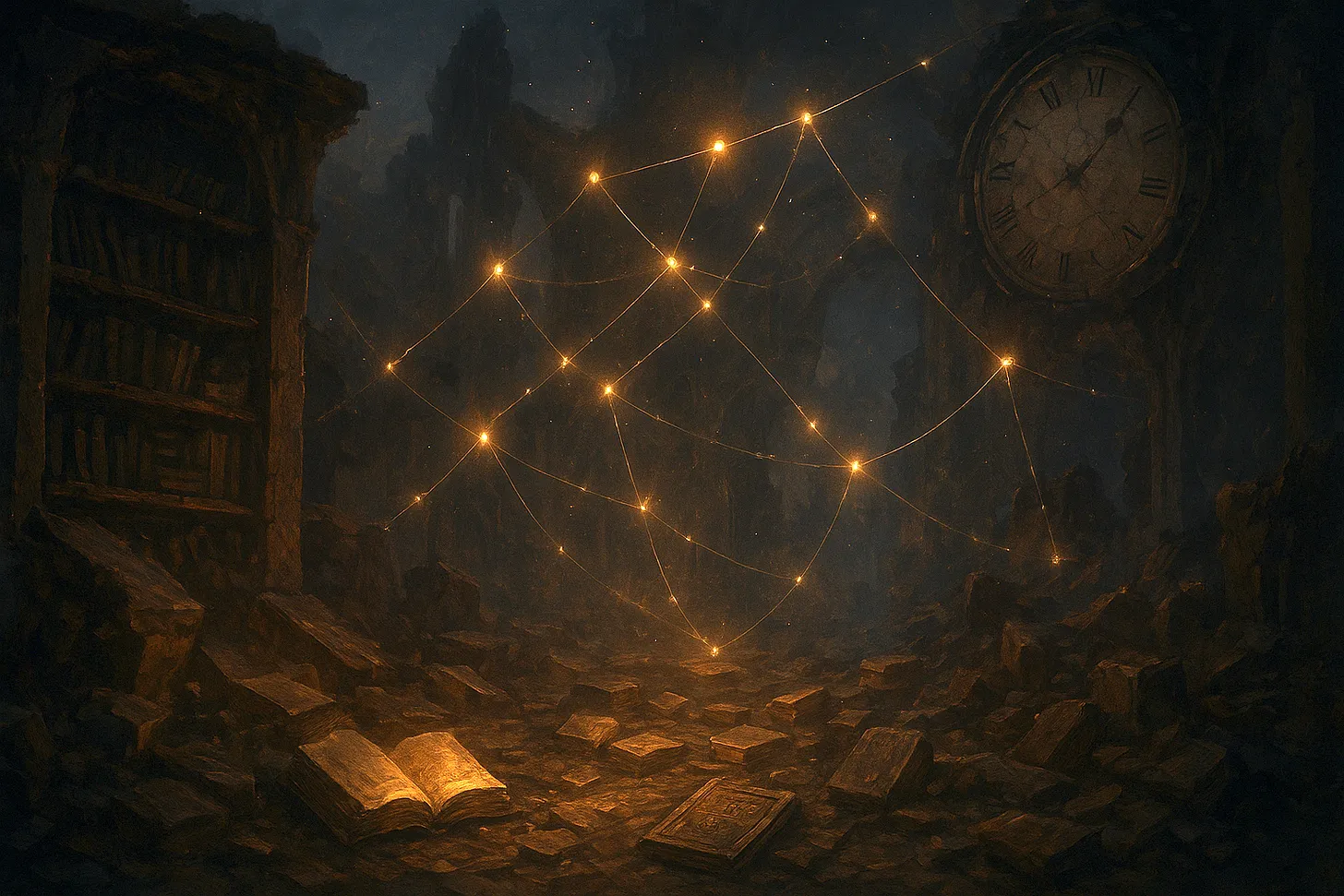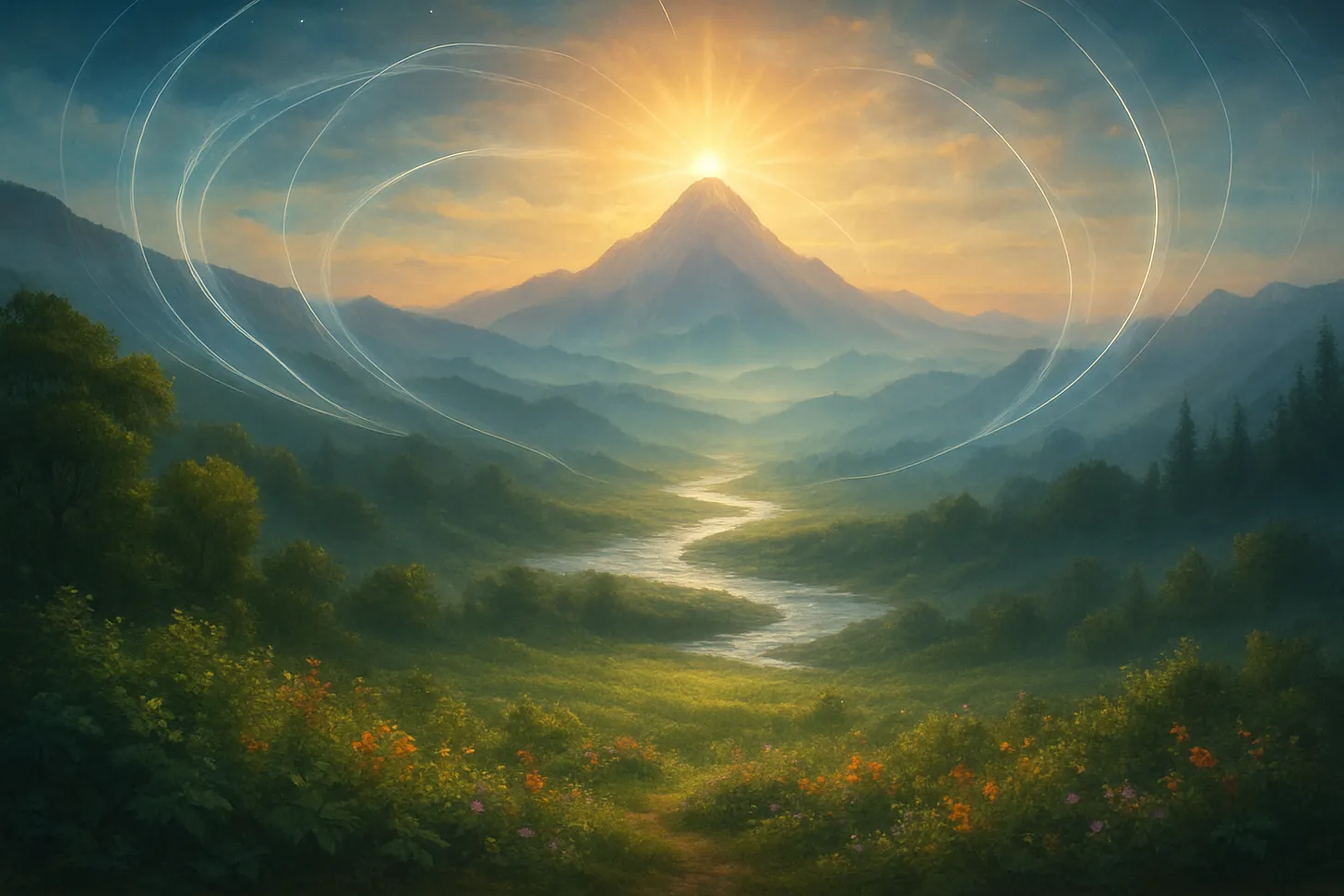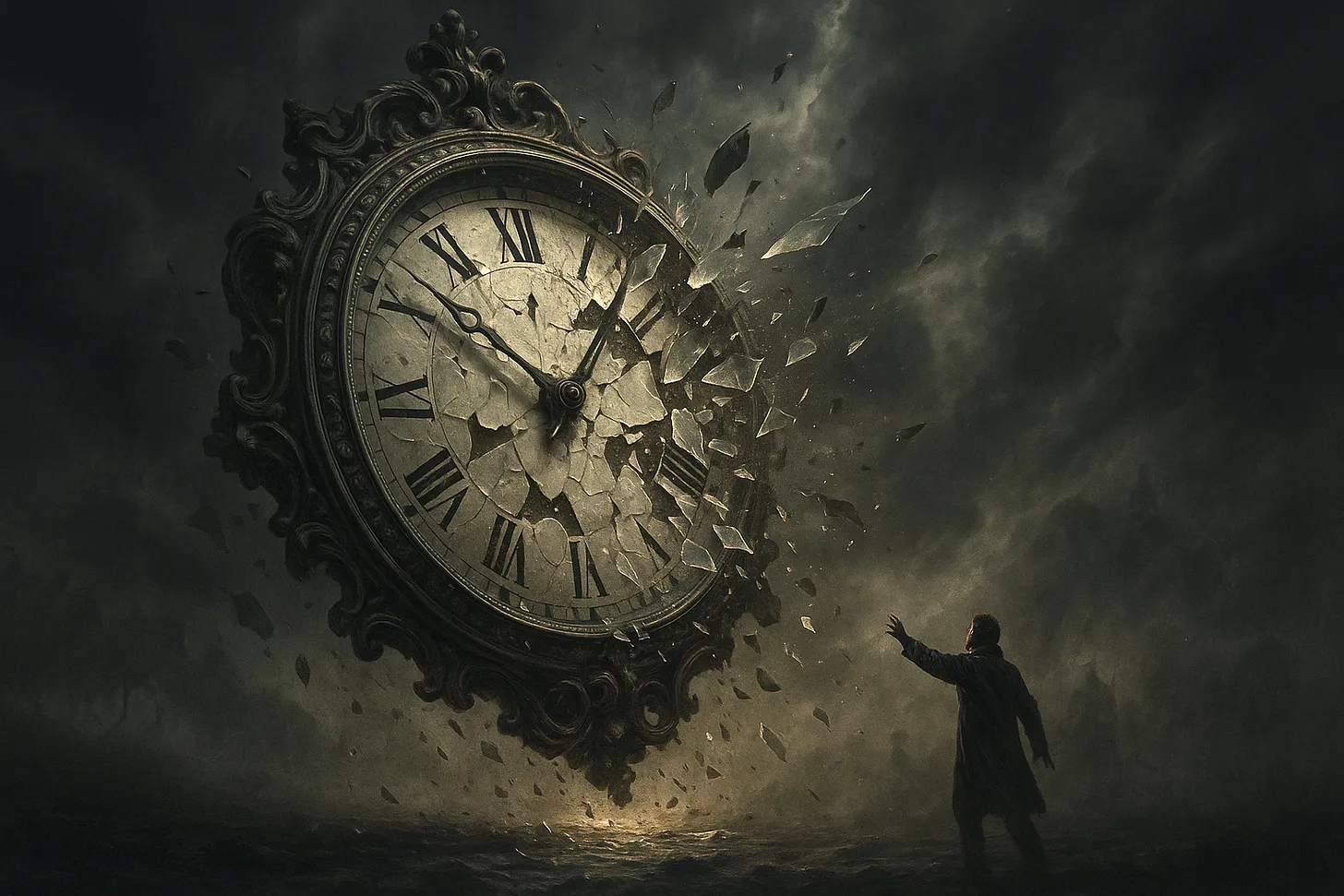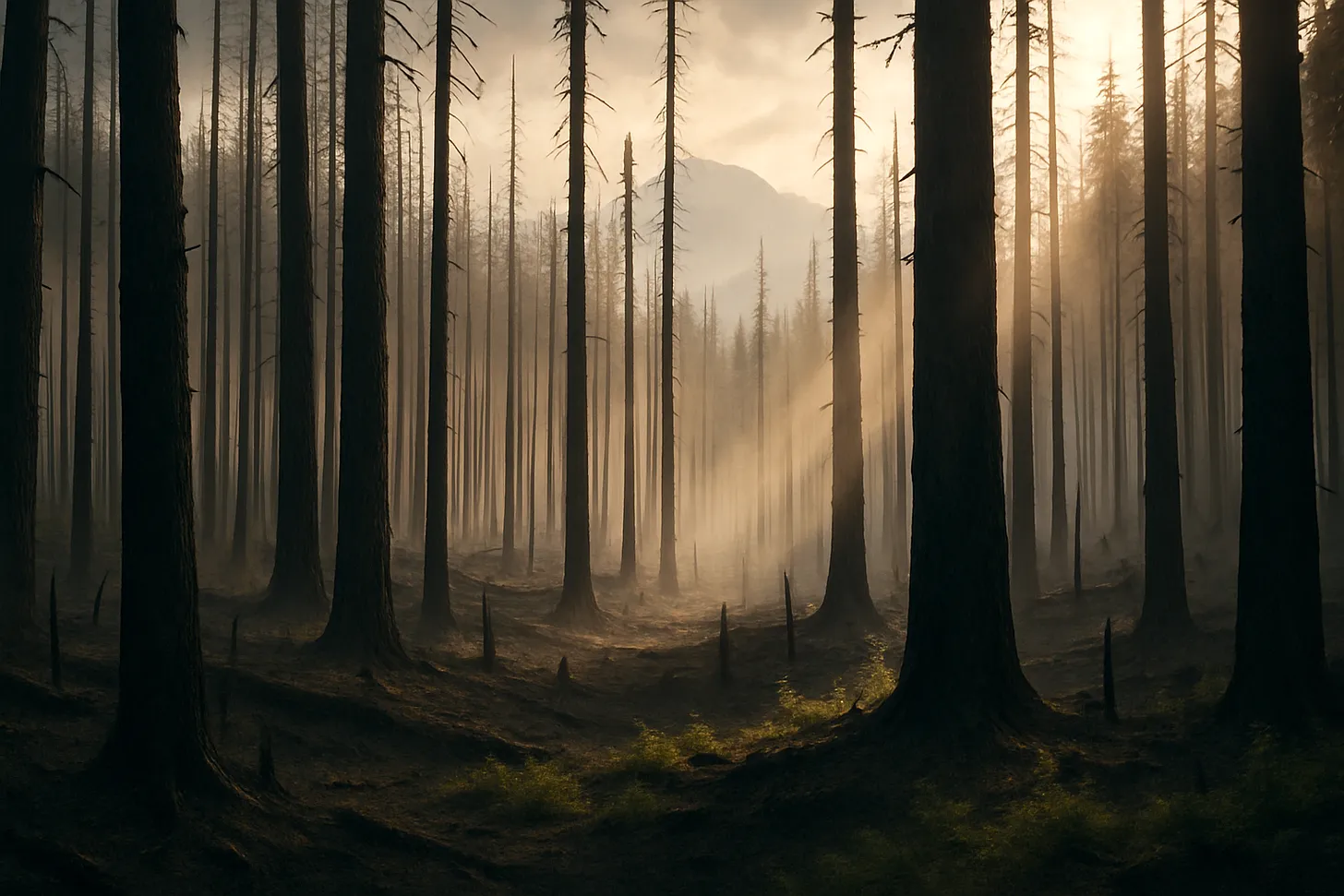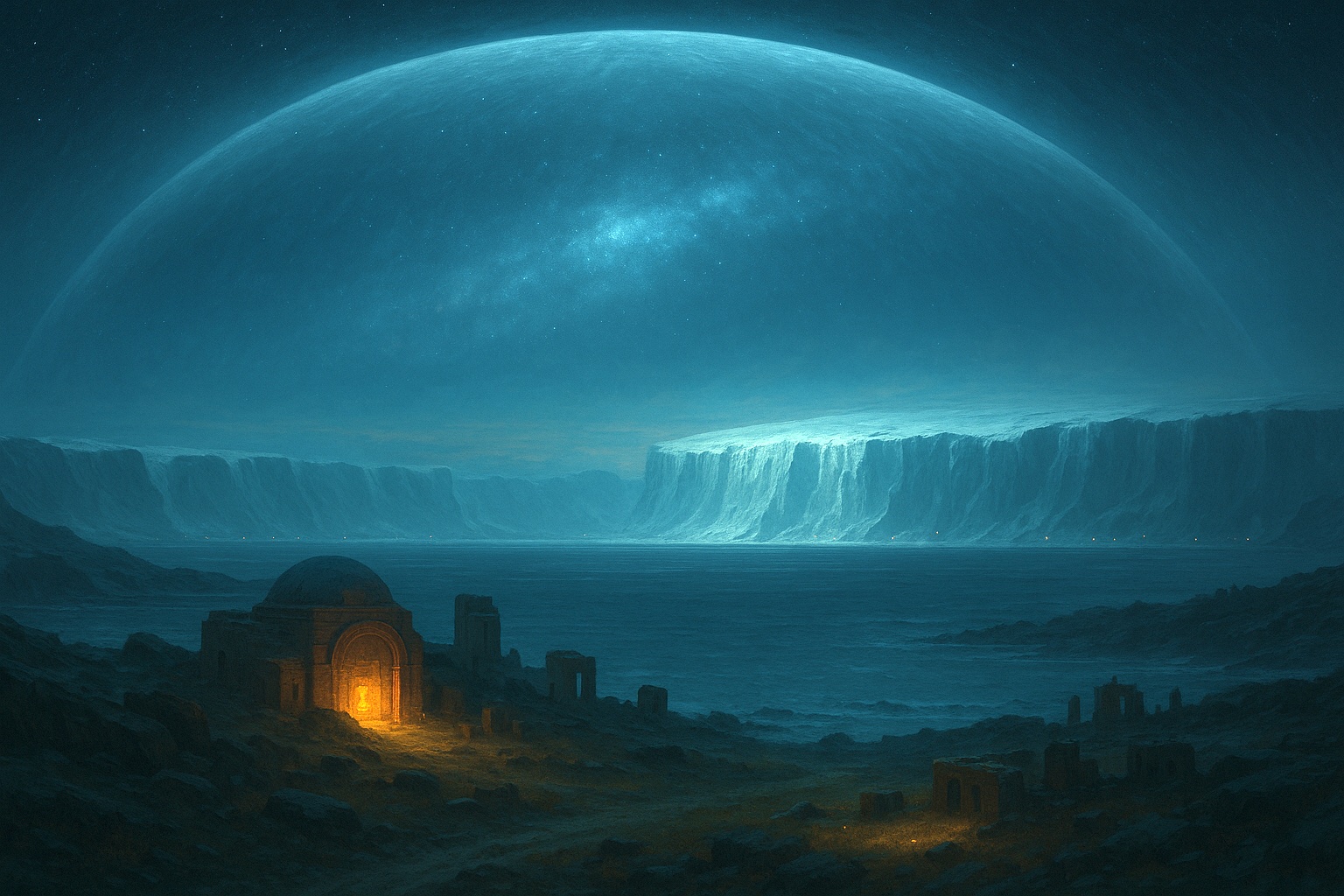The story they give us is neat, clean, uniform — but reality is nothing of the sort. Nature bends, history breaks, memory distorts, and yet the official chronologies march on as if untouched by chaos. What we inherit is a curated illusion, a scaffolding of narratives that conceal more than they reveal. And the deeper we look, the more obvious it becomes that the “truth” on offer is not truth at all, but a managed performance.
Tag: freedom
Fires are as old as the earth’s breath — consuming, cleansing, and reshaping the land in a cycle both brutal and necessary. Yet in our age of spectacle, the flames are rarely allowed to speak for themselves. Instead, their crackle is drowned out by headlines, politics, and narratives woven to suit agendas. What remains hidden — in the forests, in the decision rooms, and in the public mind — is often more telling than the official story.
